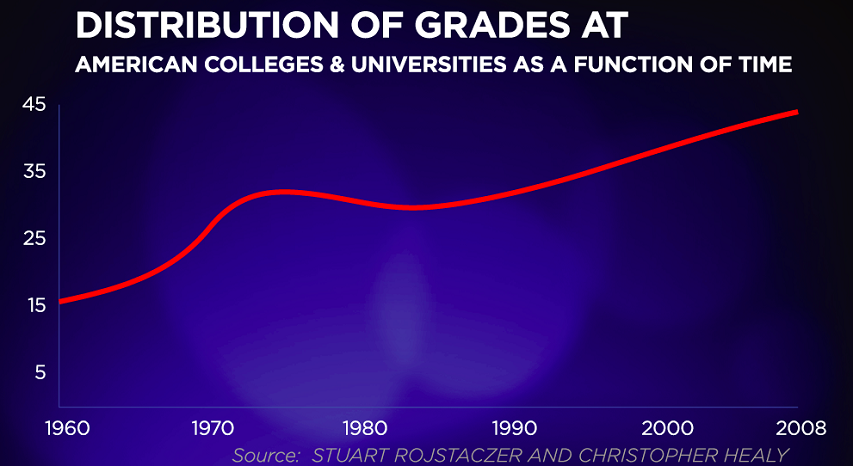Ace on racism and the unofficial deciders on who is a racist and who is not:
Karl Lueger was the mayor of Vienna at the turn of the century, whose populist politics were often riven with anti-semtism — so much so that he was cited as an inspiration by none other than Adolf Hitler in Mein Kampf.
However, there’s a debate about how anti-semitic he actually was, and how much of an anti-semite he pretended to be for the sake of political positioning.
Lueger is famous for an answer he once gave on this issue. He was asked how he squared that fact that many of his policies were anti-semitic, while he counted many Jews among his close friends.
“I decide who is a Jew,” he said, apparently creating his own definition of Judaism.
This flexible opinion on “who is a Jew” permitted him to both debase himself (and Vienna) with populist politics of hatred while simultaneously carving out a space for himself to consort with the Hated Other, as he might choose.
Similarly, today, White “liberals” have decided to sell out liberalism to the leftist, totalitarian goons of the Progressive Speech Police. They’ll join the Progressives’ hate campaigns against free speech and free thought — but only when those campaigns are directed towards non-liberals.
Playing to the Progressive mobs just like Luegar played to the Vienna ones, White Liberals reserve themselves the power to both traffic in hateful intolerance, and except themselves and their friends from the claims they otherwise inflict on others.
They, and they alone, will decide who the Racists are.
In the case of the campaign to get Dan Snyder to rename the Washington Redskins (because it’s an offensive, racist epithet), Ace points out that some racist terms are more equal than others:
Obviously no one names a sports club after something they think is substandard, or shoddy, or weak, or useless. People always object to the Redskins name by using the same example — “Well, what would you say if someone named his baseball team the New York N*****s, huh?”
But that’s stupid. No one does that. No one would do that. Because “N****r” is inherently a demeaning term, and a hateful one, and no one — no one — names their sports clubs after things they hate.
They name them after things they respect, or wish to emulate, or wish to associate themselves with. Thus the large number of teams named after great cats, and bears, and stallions, and even the gee-whiz technology of the 50s (jets, rockets).
And as for clubs named after types of people, all those people have a positive association; in football, especially, a martial-themed sport if there ever was one, those positive associations all have to do with virility and deadliness in battle:
Vikings.
Raiders.
Buccaneers.
Warriors.
Fighting Irish.
Spartans.
You do not see “The San Francisco Coolie Laborers” in the lists of any sports teams, nor the “Boston Drunken Irish Wife-Batterers.” All team names are tributes to the group in the nickname.
Some team names implicitly specify a race/ethnicity — Vikings, Fighting Irish. There is no commotion over this — people understand that when someone names a team the “Vikings,” they mean it a positive way. They are speaking of the fury of the Northmen — and not, for example, their propensity to rape and reduce much of Europe to a constant Twilight in which civilization could never advance too far before being pillaged and raped into rubble.
Nor does anyone seriously think “the Fighting Irish” is really about the Irish’s well-known tendency to over-indulge in alcohol and then get their Irish up. (Oh, what a giveaway.) And that one really does actually step right on up to the line of being a slur against the Irish — but we understand the intent behind it is playful, and positive. (Mostly.)
In fact, White Liberals currently on their jihad against the name “Redskins” make an exception for other teams with Indian nicknames — Braves, Chiefs, Indians, all okay. Not racist, the White Liberals have decided, although it’s unclear how they’ve come to this conclusion.
All three names, after all, do reference a specific race — Native Americans — just as surely as “Redskins” does, and for the exact same reasons.
But White Liberals know the difference. White Liberals can tell you who the Racists are.




